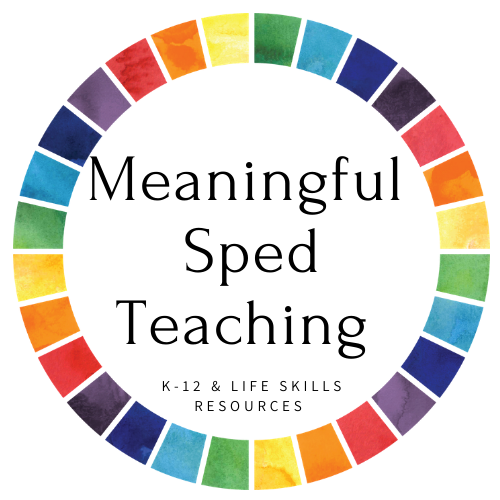
Teaching Kitchen: A Recipe for Success in Special Education
Cooking and baking activities can offer a host of benefits for students with special needs. Not only do they teach valuable life skills, but they can also improve fine motor skills, promote teamwork and social skills, and provide a fun and engaging way to learn. Here are some tips for setting up a teaching kitchen in the classroom, along with ideas for lesson plans that incorporate cooking and baking activities into the curriculum.
Setting up a Teaching Kitchen
Before getting started, it's important to ensure that the classroom is equipped with the necessary tools and appliances for cooking and baking. This might include a stove, oven, microwave, refrigerator, blender, and various cooking utensils and measuring cups. It's also important to consider any food allergies or dietary restrictions that students may have, and to plan accordingly.
Once the kitchen is set up, it's time to start incorporating cooking and baking activities into the curriculum. Here are some ideas for lesson plans that can be adapted to suit a variety of grade levels and learning objectives.
1. Measurement and Math Skills
Cooking and baking involve a lot of measuring and counting, making them a great way to reinforce math skills. For younger students, simple activities like measuring and pouring ingredients into a mixing bowl can help them practice counting and measuring. Older students can practice more complex math skills by scaling recipes up or down, calculating ingredient costs, or using ratios to adjust recipe quantities.
2. Science and Nutrition
Cooking and baking also provide an opportunity to explore science concepts like chemical reactions, nutrition, and food safety. For example, students can learn about how yeast works to make bread rise, or about the chemical changes that occur when ingredients are mixed together. They can also learn about the nutritional value of different foods, and how to make healthy food choices.
3. Communication and Social Skills
Cooking and baking activities require teamwork and communication, making them a great way to practice social skills. Students can work together to plan and execute a recipe, taking turns measuring ingredients and following directions. They can also practice communicating their needs and preferences, and learn to respect the needs and preferences of others.
4. Life Skills and Vocational Training
Perhaps most importantly, cooking and baking activities teach valuable life skills that can be applied beyond the classroom. Students can learn how to read and follow recipes, plan menus, and shop for ingredients. They can also practice important vocational skills like time management, organization, and teamwork, which can help prepare them for future careers.
In conclusion, cooking and baking activities can provide a wealth of benefits for students with special needs. By incorporating these activities into the curriculum, teachers can help their students develop important life skills while having fun and learning in a hands-on way. With a well-equipped teaching kitchen and some creative lesson planning, the possibilities are endless.

